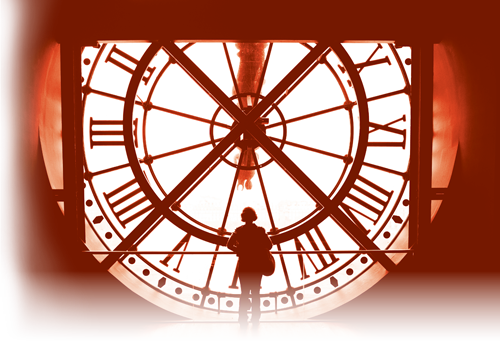

Since 1972, federal law has required employers to “reasonably accommodate” the religious beliefs and practices of their workers, but in 1977 the Supreme Court held they are excused if the accommodation would cause even minimal hardship, even though the federal law set the standard as “undue hardship.”
As a result, every workday, Americans are losing their jobs for the “crime” of practicing their faith, forced between obeying God and making a living.
Religious freedom lawyers have been seeking to change this standard for about three decades. In 1997, a coalition of religious groups led by the American Jewish Committee and the Seventh-day Adventist Church introduced a bill in Congress to fix this. Known as the Workplace Religious Freedom Act, the bill has gone nowhere. Several states enacted their own statutes to clarify that the standard of undue hardship is “significant difficulty or expensive.” The states include New York, New Jersey, and California.

In January, the Supreme Court decided to take the case of Gerald Groff v. Louis DeJoy, postmaster general of the United States Postal Service. Groff worked as a part-time rural route mail carrier. As a devout Christian, he refused to work on Sundays delivering Amazon packages.
Because the Third Circuit U.S. Court of Appeals decided that the postal service would suffer an undue hardship if it relieved Groff of any obligation to work on Sundays, the issue squarely before the court is what does “undue hardship” really mean? How can an “undue hardship” be reduced to a minimum amount of hardship?
A second issue is to what extent do added burdens on co-workers constitute an undue hardship on the conduct of the business, which is what the statute requires.
Mr. Groff has been represented by Seventh-day Adventist attorney Alan J. Reinach, Executive Director of the Church State Council.
“The Supreme Court has a golden opportunity to provide clear guidance to employers that they really do have to accommodate the religious needs of their workers, unless they really cannot do so,” said Reinach.
“The ruling has potential to impact millions of workers, restoring the promise of equal employment opportunity for Americans of all faiths.”